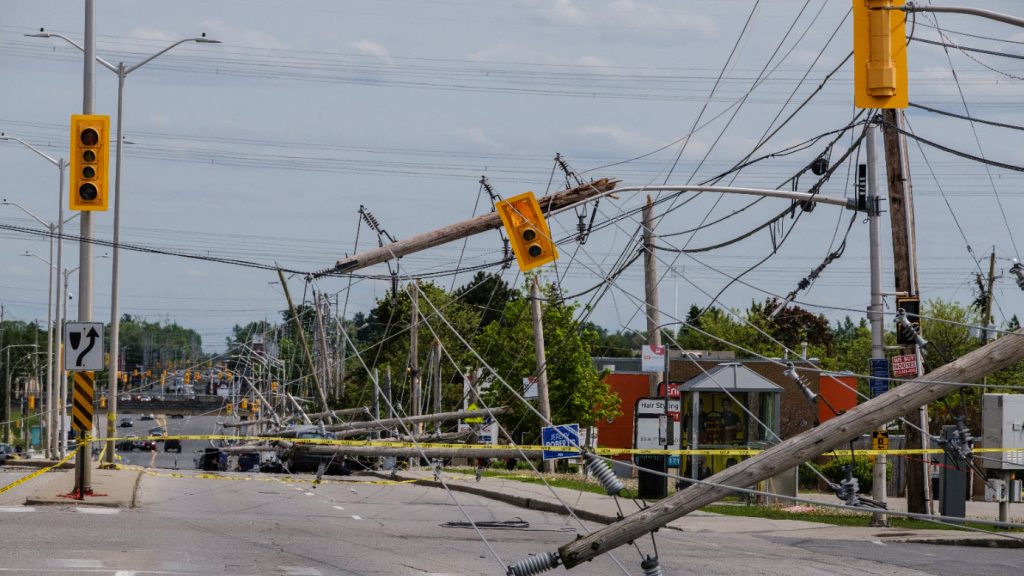UPDATE: CSIS definition of security threat not relevant to cabinet decision: ex-CSIS director
Posted Nov 30, 2022 05:00:00 PM.
The interpretation of the Canadian Security Intelligence Service (CSIS) of what constitutes a national security threat is not relevant when it comes to a government's decision to invoke the Emergencies Act, two of the spy agency's former directors testified at a national inquiry Wednesday.
Ward Elcock, who led CSIS from 1994 to 2004, and Richard Fadden, who led the agency between 2009 and 2013, both told the Public Order Emergency Commission Wednesday that any reference to the CSIS Act should be removed from the Emergencies Act entirely.
The commission is tasked with probing the federal government's decision to invoke the Emergencies Act during the 'Freedom Convoy' protest last winter and has a mandate to offer recommendations to modernize the legislation.
The CSIS definition of a national security threat is written into the Emergencies Act as one of the requirements for the government to declare a public order emergency.
It includes espionage or sabotage of Canada's interests, foreign influence, acts of serious violence against people or property with political, religious or ideological objectives, or the violent overthrow of the Canadian government. It also specifically excludes lawful advocacy, protest or dissent, unless it is happening in conjunction with any of those activities.
Over six weeks of fact-finding testimony, the commission heard that CSIS did not believe the protests that blockaded downtown Ottawa and several U.S. border crossings met the threshold of being a threat to Canada's security — at least in the context of its own operations.
Elcock said CSIS would need to interpret that definition very differently as an intelligence agency than cabinet would when it comes to deciding whether to declare a national emergency.
He said CSIS interprets that definition in terms of the limitations on its activities as an intelligence service. “None of those things are relevant to the to the discussions of cabinet or to the issues that a cabinet might debate,” he testified.
Fadden said the CSIS definition is, appropriately, very narrow and precise.
“What this has to do with the declaration of a public order emergency escapes me entirely,” Fadden said.
Both argued the government should redefine national security threats in the Emergencies Act, and could expand that to include threats to the economy and even threats posed by climate change.
The issue of how a national security threat should be defined in the Emergencies Act has become central to the commission's work to determine whether the federal government was justified in invoking the act to deal with the protests.
The commission will hear from dozens of expert witnesses this week on issues ranging from misinformation to police powers as part of the policy phase of its work.
The commissioner, Justice Paul Rouleau, has only until Feb. 20, 2023 to deliver his findings to the federal government.
This report by The Canadian Press was first published Nov. 30, 2022.








